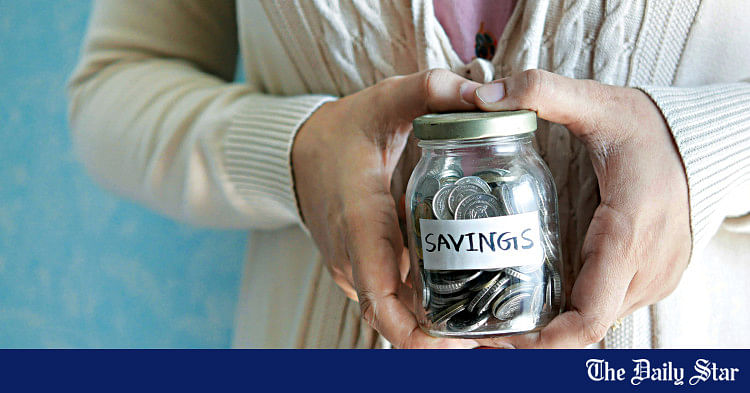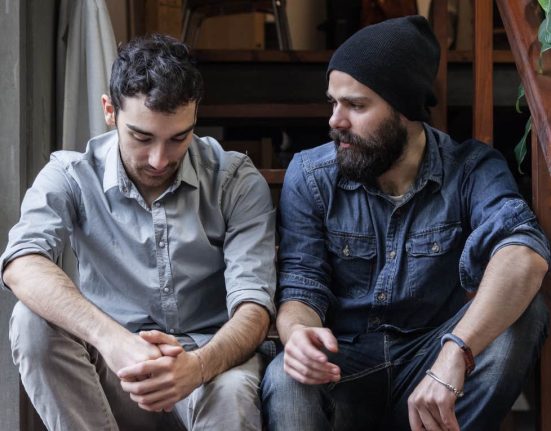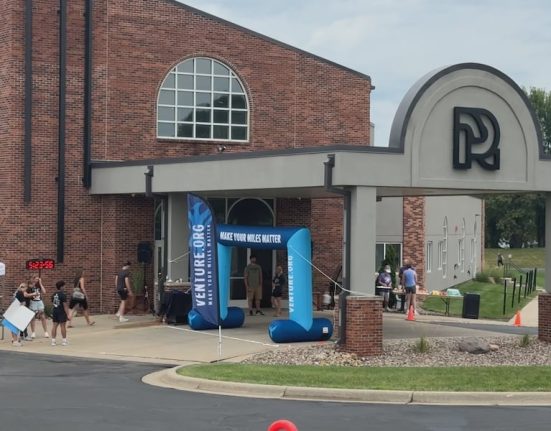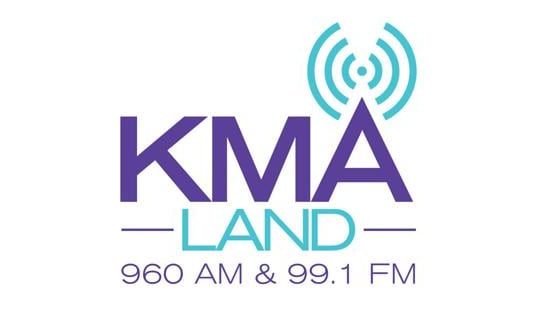In a quiet neighbourhood outside Dhaka, Nasima slips a crisp 1,000 taka note into a small envelope she keeps tucked in a book. It’s her savings from last month’s embroidery orders. The money isn’t much, but it’s more than a number—it’s a measure of her independence. Like thousands of women across Bangladesh, Nasima doesn’t just save to spend; she saves to survive, to plan, and to push back against uncertainty.
Over the past decade, the story of women’s savings in Bangladesh has begun to shift. Slowly but unmistakably, women are carving out their own financial identities—not just as consumers, but as decision-makers. Women-specific banking schemes are at the heart of this movement. These schemes are not new, but in recent years they have gained renewed urgency.
The COVID-19 pandemic was a turning point. As incomes shrank and jobs disappeared, especially in the informal sector where women dominate, many began prioritising emergency savings over long-term aspirations. For some, this meant hiding money away from the household budget to protect it. For others, it meant exploring new tools—mobile money apps, digital wallets, or group-based micro-savings schemes. In times of crisis, women became financial buffers for their families. And they began demanding better ways to manage that responsibility.
Recognising this shift, several financial institutions in Bangladesh began to develop savings products tailored to women’s needs. These weren’t just cosmetic changes; they were grounded in a deeper understanding of the systemic barriers women face in accessing and benefiting from formal banking.
Bank Asia’s “Achol” scheme is one such example. It reflects a broader attempt within the sector to adapt to gendered financial behaviour. It offers features designed exclusively for women, such as flexible monthly deposits, no fees for digital transactions, and linked loan options against savings. But what makes schemes like these significant isn’t just what they offer—it’s who they acknowledge. For once, financial products are being built with women in mind from the start.
Yet a bank scheme alone doesn’t transform a woman’s relationship with money. The real impact of such initiatives depends on how women are prepared, informed, and supported to use them. Financial literacy remains alarmingly low among many women in Bangladesh, especially those outside urban centres. Without adequate understanding of interest rates, digital tools, or long-term planning, many sign up for bank accounts but never fully engage with them.
In many households, women are expected to defer financial decision-making to male relatives. Opening an account might seem small, but for some women, it’s a quiet act of defiance. Banking knowledge—how to deposit, borrow, save, invest—isn’t just technical; it’s deeply tied to identity, confidence, and power.
“Financial literacy remains low across much of the country, with many people struggling to open or maintain a bank account. As a result, a significant portion of both men and women are still outside the formal banking system. The situation is even more concerning for women, many of whom are unable to maintain an account independently. Yet women naturally have a strong instinct for saving. If we can successfully bring this demographic into the mainstream banking system, the nation’s overall savings rate could grow substantially,” says MD Rashed Akter, Head of Retail Distribution, Midland Bank.
Banks are increasingly recognising the need to create spaces that feel safe and welcoming for women. As a representative from Bank Asia explained, “Bank Asia has pioneered the establishment of women-only ATM booths in Bangladesh, aiming to encourage female participation in digital banking. Our first women’s ATM booth was launched at Sonakanda in Keraniganj, Dhaka, with the purpose of facilitating women’s access to digital transactions and improving financial management. We also inaugurated a Women’s Corner inside the Sonakanda Agent Outlet, and we have plans to set up more women-only ATM booths across the country.
These initiatives are part of a broader effort, supported by the Bill & Melinda Gates Foundation, to significantly reinforce women’s empowerment and financial inclusion in Bangladesh.”
Such steps are important because access alone is not enough. Women need financial environments where they feel confident, safe, and supported to manage their money and make decisions independently. Dedicated services, outreach efforts, and community education programmes all play critical roles in dismantling the invisible barriers that formal systems too often leave intact.
Sharing more about available schemes, MD Rashed adds, “Last year, we introduced MDB Sathi, a women-centric initiative designed to offer additional benefits to our female customers. This year, we plan to expand those benefits even further. Our vision is to transform Sathi from just a financial product into a complete lifestyle offering. Sathi is also affiliated with Shukhi, a Grameen Healthcare programme that enables female entrepreneurs to access emergency medical consultations via video calls, even from remote areas. Additionally, MDB Sathi offers an extra 0.25% interest rate for digital DPS or FDR accounts opened by women, encouraging financial independence and supporting female entrepreneurship.”
Digital banking is another growing frontier. Mobile apps and agent banking outlets have lowered access barriers, but they also introduce new risks—digital illiteracy, fraud, and exclusion for women without mobile phones. While initiatives like women-only ATMs and digital training offer hope, sustained investment is needed to ensure that new technologies don’t deepen existing inequalities.
To better serve their female customers, EBL offers women-focused versions of two of their popular schemes: EBL Confidence, which provides a short-term savings option, and EBL Millionaire, designed for long-term savings. The EBL Millionaire Women DPS is a specialised savings plan crafted exclusively for women, helping them accumulate BDT 1 million over flexible tenures ranging from two to fourteen years. With options for a zero initial deposit, automatic monthly deductions, and an available credit facility, it empowers women to achieve their financial goals with confidence and independence.
“To further support our female clients, we have a dedicated team for women customers, and every EBL branch features a separate help desk for women. We also offer a wide range of female-oriented financial products, including debit cards, credit cards, savings accounts, and DPS schemes. Notably, the female EBL Confidence Card provides more benefits compared to the standard version,” says Al Mamun Ansar, Head of Liability Business, EBL.
He further states, “At EBL, we are committed to making the banking sector more accessible for women—both from a business and social perspective. The EBL Women’s Savings Account comes with special features such as free insurance coverage and locker charge waivers, ensuring that women receive comprehensive support in their financial journey.”
The story of women’s banking in Bangladesh is not one of sweeping transformation, but of quiet persistence. Arup Haider, DMD & Head of Retail Banking, City Bank, states, “Over the past few years, we have seen a noticeable rise in female participation in financial activities. Five years ago, female deposits accounted for just 22% of total retail deposits. Today, that figure has grown to 30%. This positive shift reflects the increasing involvement of women in the country’s financial landscape.”
For women like Nasima, every taka saved is a choice reclaimed. Every bank visit is a boundary crossed. In a world where financial systems have long ignored women’s realities, the growing visibility of gender-intentional banking is not just welcome—it’s overdue.







